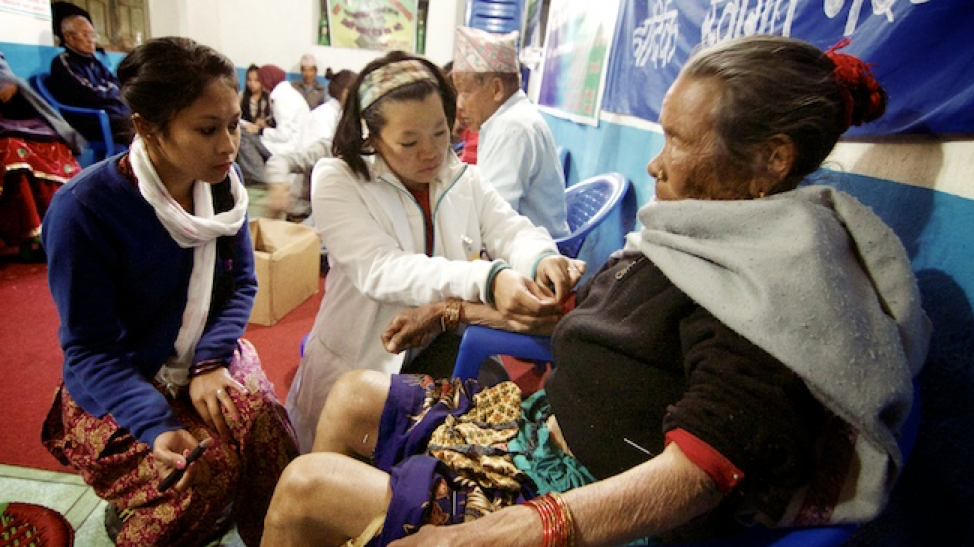Yin, Yang, Qi, and Blood
Along with the physiological components of fertility and conception, Chinese medicine practitioners additionally view the situation through the lens of Yin, Yang, Qi, and Blood. But underlying all of this is the Chinese medicine concept of Jing or essence. Essence is our personal store of vital energy: from essence we get yin, yang, qi, and blood, and in return, a healthy interaction of yin, yang, qi, and blood, helps keep your essence or jing strong. When the body creates a new life through the process of conception, new jing must be created, and in order for this to happen, there must be enough supply of “jing” from the original sources: egg and sperm.
From a Chinese medicine perspective, we want to make sure that the person has ample supply of jing as well as sufficient yin, yang, qi, and blood and that they all have a balanced relationship with one another. How does one restore reserves of jing, yin, yang, qi, and blood, and make sure they are working harmoniously with one another? By doing the things that we all know to do to maintain health: eating well, sleeping well, resting, finding time for joy, staying hydrated by drinking enough nice plain water, exercising and stretching, and for those in a position to do so, having good quality sex. And remember, everything in moderation!
Holistic benefits of Chinese medicine and acupuncture
How else can Chinese medicine support this process? Acupuncture helps to relieve stress, decrease inflammation, and restore the balance of yin, yang, qi, and blood. Chinese herbs can be helpful with restoring these reserves and even help repair depleted jing.
In addition, acupuncture can be helpful when one is undergoing IVF and IUI treatments.
Evidenced-based support
The science is still debating whether acupuncture helps increase success rates or not, but there are promising studies that indicate it could. Acupuncture also helps to reduce stress, anxiety, and even side effects of medications when undergoing infertility treatments and procedures. Chinese herbs can also be useful, although viewed even more skeptically than acupuncture but usually fertility providers recommend avoiding the use of herbs because they don’t want it to interfere with the other medications that the patient is taking for the process.
Physiologically, there is promising research that acupuncture has a direct effect on the hypothalamic-pituitary-ovarian axis meaning that it can affect various hormonal secretions, and peripherally, it can encourage local blood circulation to the uterus. Some studies indicate that acupuncture on the day of embryo transfer significantly increases IVF success rates. As of now, the NIH recognizes that acupuncture could have clinical benefits for managing subfertility and that active investigation for acupuncture and fertility is warranted.
Post originally published in Rebel Rules newsletter by Rebel Med NW in March 2020 edition.
Short list of references
DOI: https://doi.org/10.1016/j.fertnstert.2011.12.007
DOI: https://doi.org/10.1016/j.fertnstert.2008.02.094 DOI: 10.2147/IJWH.S38969



